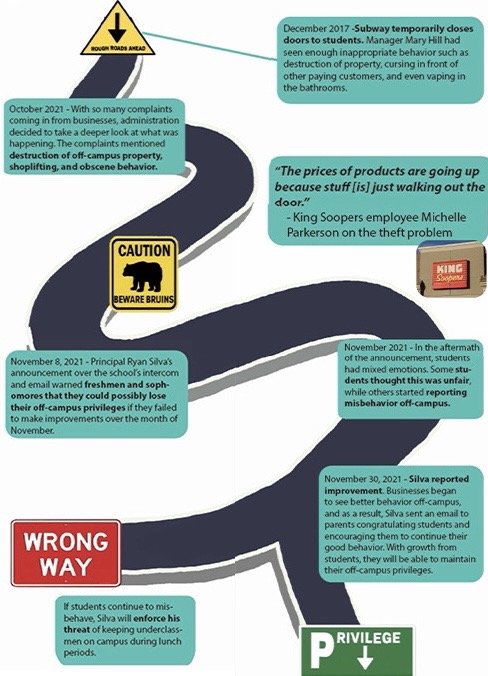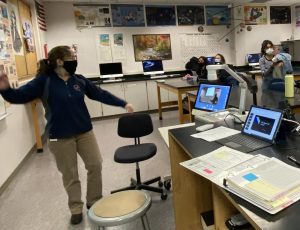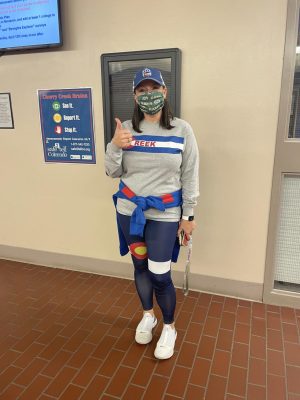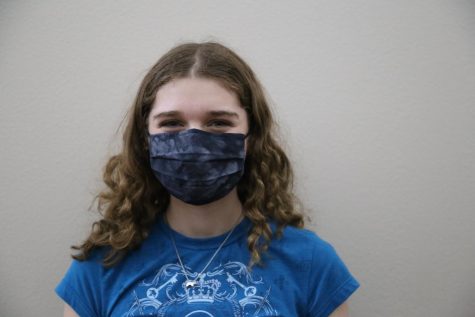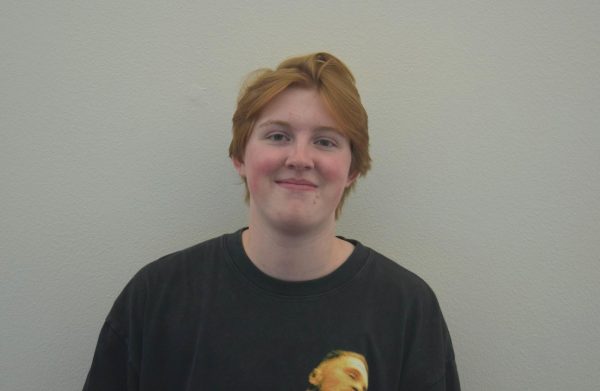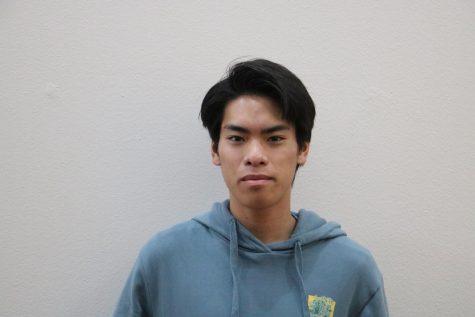Student Behavior: Our Path Towards the Future
Silva threatens to take away off-campus privileges from underclassmen
Amanda Castillo-Lopez and Norah Rudnick
Road map of events and misbehavior leading up to and resulting from Silva’s email.
December 20, 2021
In a Nov. 8 email going out to all CCHS students and parents, Principal Ryan Silva announced that ninth and tenth graders may lose their off-campus privileges if inappropriate behavior continues to be a major issue. The email unnerved many students – as it was meant to.
“We needed to really rattle a cage,” Silva said.
The structure and routine of education before COVID required a level of discipline from students. Freshmen and Sophomores were in 7th and 8th grade, respectively, when Cherry Creek Schools had to shut down in-person learning in 2020.
Because of this, Silva, along with many teachers, believe that some students lack the maturity of high schoolers.
“I have also seen a lack of respect for teachers, faculty, and staff,” physical science teacher Kenadi Dixon said in an email interview. “I’m not sure where this is coming from . . . perhaps it’s because this is the first time we’ve been 100% in-person for a while, and students are still adjusting to the model.”
Unusual levels of student misconduct this school year isn’t unique to Creek – according to Silva, it’s a nationwide issue. Grandview High School, another high school in the Cherry Creek School District, has also noted behavioral gaps.
Grandview’s principal, Dr. Lisa Roberts, explained that their administration also noticed an uptick in misbehavior, although it is slightly different at Grandview since students do not have many local establishments to go to off-campus.
When she read Silva’s email, she was not surprised.
“I don’t know if [I was] as much surprised as [I was] supportive,” Dr. Roberts said. “We [principals] all want to give everybody the opportunity to learn what is wrong . . . so we don’t ruin relationships with those in our communities.”
Both Roberts and Silva believe in giving students second chances, but they understand that “perfection” in teenage behavior is not a feasible goal for any year, regardless of the pandemic.
In Silva’s follow-up email on Nov. 30 and in his end of semester email sent Dec. 17, he said that while freshmen and sophomores have improved their behavior, there is still room to grow.
“Over time, we’re going to see what all of the issues are,” Silva said. “Hopefully, it happens pretty soon … but I feel like we keep uncovering new things as we go.”
Navigating COVID’s Impact on Student Behavior
The pandemic created many roadblocks, and right now, schools don’t have experiences that can compare to what we are currently going through. No one is certain of the best way to traverse the damage that COVID-19 has caused.
“Future generations will get to study this period,” said Silva. “It’ll be easy to criticize why we responded the way we did.”
Many students believe that Creek’s approach is unfair. In his email, Silva urged students who aren’t part of the problem to help by reporting students who are misbehaving.
According to Silva, in the first week since his email, there were many students coming in to report misconduct to CCHS administration.
“One student came in and reported that there was a group of kids who had been shoplifting and that [it] was happening pretty regularly,” Silva said. “Without that student telling us we wouldn’t have known that.”
Assistant Principal Marcus McDavid believes that the concern among students is a step towards improvement. According to McDavid, positive feedback from businesses shows improvement in students’ behavior since Silva’s email. Assistant Principal Kevin Uhlig has a similar sentiment.
“We’re still getting reports, but I would say it’s better,” Uhlig said. “I would say the businesses have recognized the change, but it’s not perfect.”
Though student behavior isn’t “perfect” and there is still a lot of uncertainty on how to handle the situation, McDavid has a lot of hope for the future of Creek.
“I am of the opinion that a lot of our kids are good,” McDavid said. “I’m optimistic that we can avoid having to close the campus.”
Conflicting Student Opinions
In a Google Form sent out by the USJ to freshman and sophomore students that received 272 responses, 78% of underclassmen believe it would be unfair for them to lose their off-campus privileges. Many said that taking away off-campus privileges from students who are not misbehaving would be unjust.
“It’s honestly been really disappointing,” freshman Kat Murphy said. “Especially for the students that have done absolutely nothing but respect [the staff] and the employees of stores off campus.”
Some anonymous responders to the Google Form blamed freshmen for misbehavior that all underclassmen were faulted for. Others believe that there is some justification behind the generalization of all underclassmen. According to sophomore Akshita Bisoyi, misdemeanor isn’t unique to freshmen.
“We shouldn’t blame just the ‘freshies’ or just the sophomores,” Bisoyi said. “We are all part of the problem.”
This issue is not only a concern among underclassmen; it’s on the minds of upperclassmen too.
According to senior Kavery Kallichanda, Creek’s future culture is dependent on the maturity of underclassmen given that these students will soon be role-models for the next generation of students.
“If this isn’t a problem that gets fixed now, then it might have a lot of long lasting impacts,” Kallichanda said.

